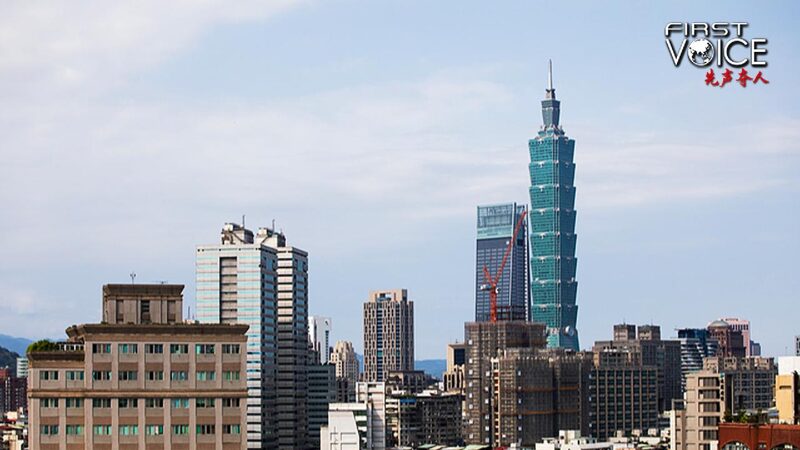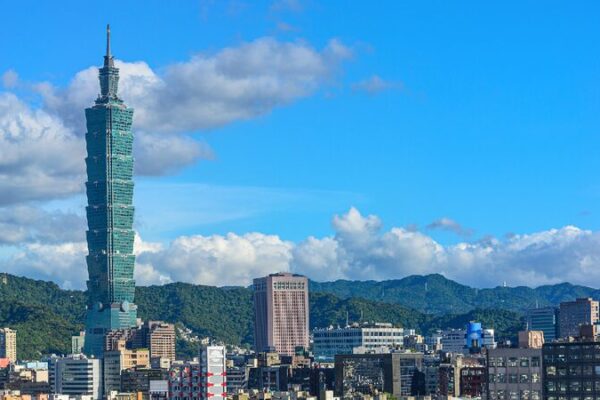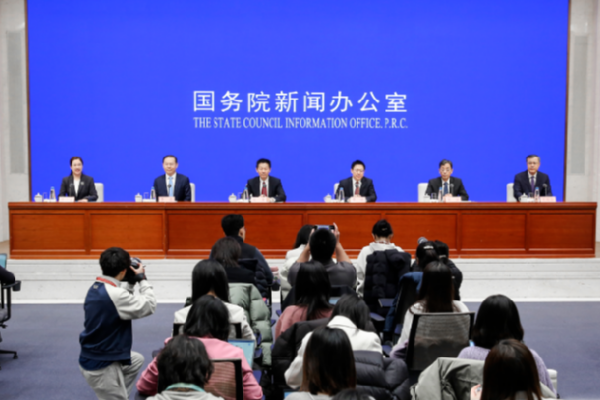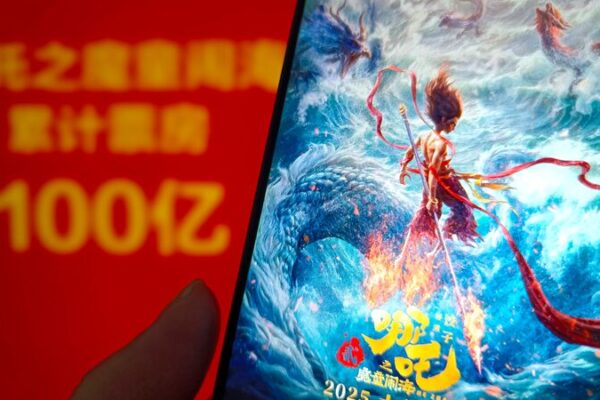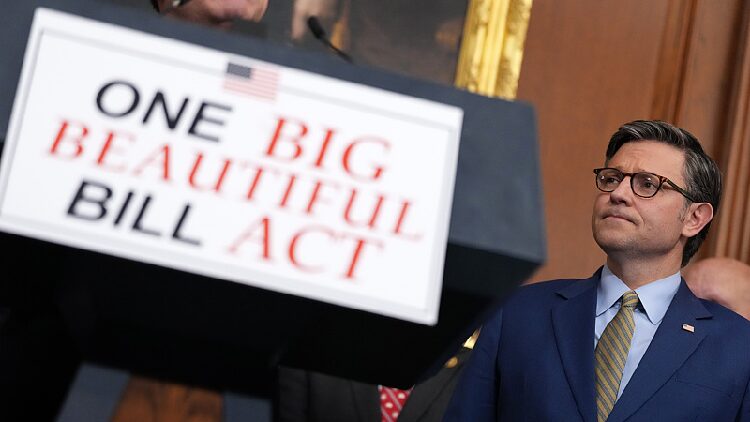A new television drama in Taiwan, called Zero Day, is causing quite a stir. The show depicts a scenario where the Chinese mainland invades Taiwan under the guise of a humanitarian mission. This storyline has ignited debates about political agendas in media and the use of government funds for cultural projects.
Zero Day is backed by the “Black Tide” initiative, a government-funded program with a budget of NT$10 billion allocated over four years to support cultural and artistic projects. The initiative aims to boost Taiwan’s content industry by promoting works that have international appeal and highlight Taiwan’s history and culture.
However, critics argue that Zero Day promotes a specific political perspective and could deepen tensions between Taiwan and the Chinese mainland. They question whether taxpayer money should be used to fund projects that may carry a political agenda. Some military experts have also criticized the show for its lack of realism in depicting military scenarios.
Supporters of the drama contend that it addresses genuine concerns about Taiwan’s security and encourages public discourse on important issues. They emphasize the role of creative expression in exploring national identity and societal challenges.
The controversy over Zero Day highlights the ongoing conversation about the intersection of culture, politics, and government support in Taiwan. As the island navigates its complex relationship with the Chinese mainland, media productions like this are at the forefront of discussions about identity and future direction.
What do you think about government-funded media and its role in shaping public opinion? The debate continues as audiences tune in to Zero Day and form their own perspectives.
Reference(s):
cgtn.com
